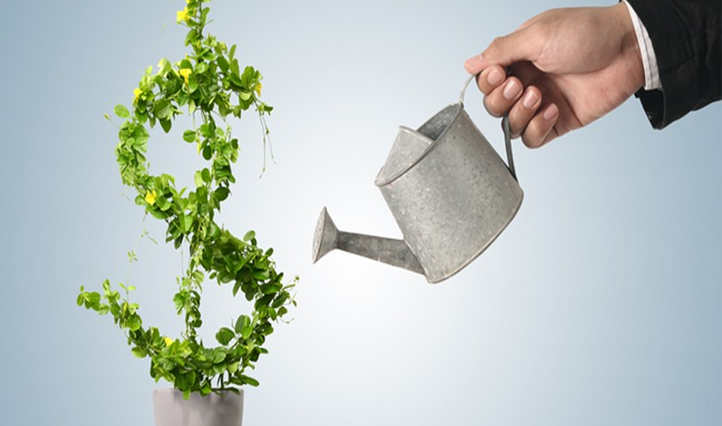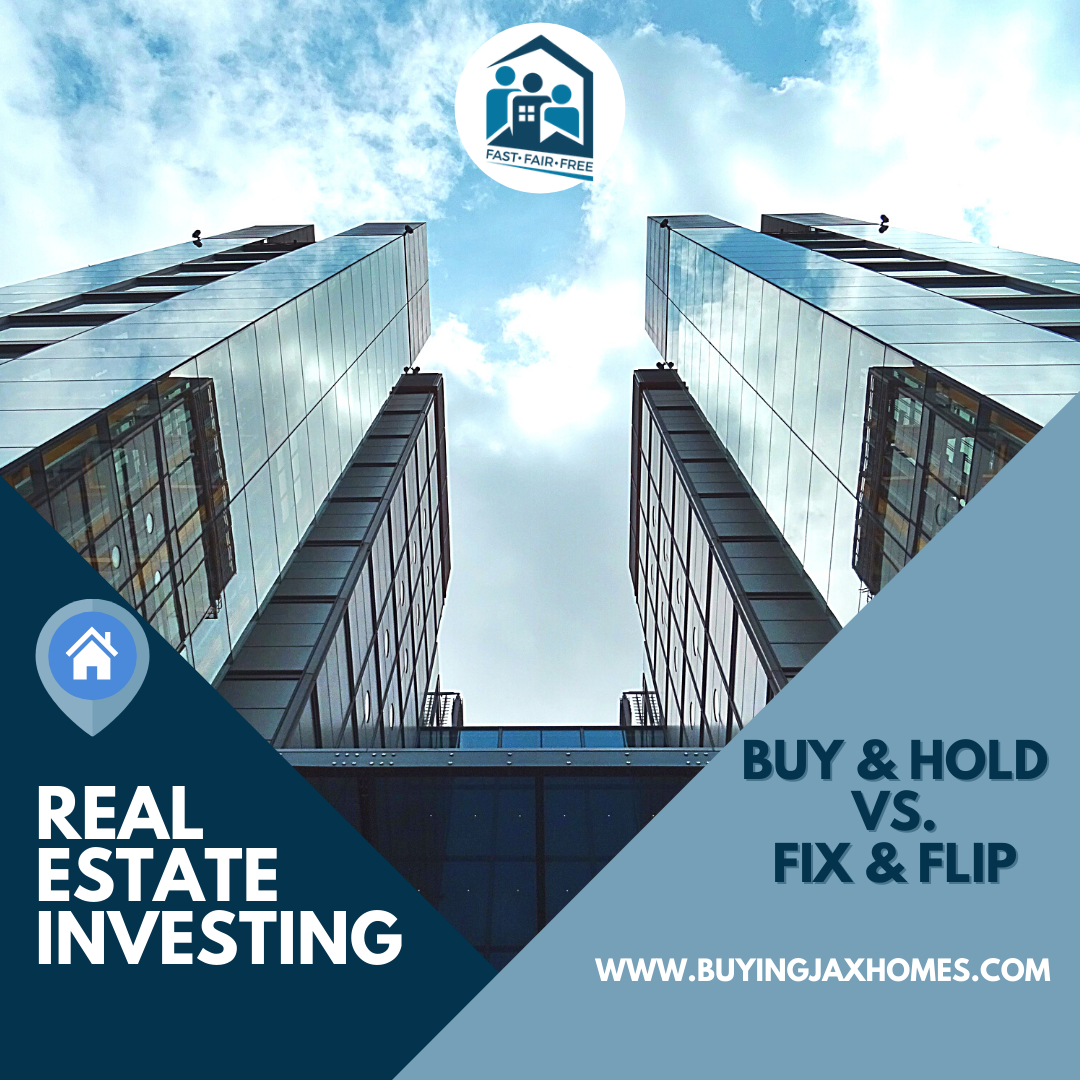“Real estate investing, even on a tiny scale, is a tried-and-tested model of building an individual’s healthy cash flow and wealth.”
– Robert Kiyosaki

There’s a popular saying – 90% of all the millionaires become so by investing in real estate.
Truer words have never been spoken.
Without a doubt, real estate is one of the best sectors to invest your money in. No matter which real estate investment strategy you equip, you’ll be subject to mind-blowing ROI.
Two of the most popular real estate investment models include:
- Buying & Holding Rental Properties
- Fix & Flip
While one is a safe, low-risk option that will help you build a decent passive income flow, another one is a bit risky and involves a lot of work from your end, but trust me, you’ll be subject to a stellar ROI.
On one end, you’ll be purchasing a house and holding it for years until its value increases and sell it for a higher profit. Until then, you may choose to rent it out and enjoy the monthly rental cash flow.
Whereas on the other end, you may purchase house(s) for cheaper price, followed by renovating and flipping it and later selling it for a much higher profit.
So, the question that comes to most real estate investors’ minds is:
“Which, out of the two, is a perfect fit for me?”
In this blog post, we’ll be looking at the pros and cons of each of the models to help you understand which real estate investment model to go with.
Buy & Hold vs. Fix & Flip
Let’s begin with our first one: Buy & Hold Rental Properties.
Buy & Hold Rental Properties Pros & Cons
Pros
Cash Flow
By renting out your property, you’ll have a healthy rental cash flow coming in each month like clockwork.
While being a landlord has its fair share of trouble, you won’t be taking much risk with your investment like you would in case of fixing and flipping properties.
This steady income will help you plan your financial future in a much better manner. Also, the value of the home may increase in the next few years. So, once you sell your home, you may enjoy that profit as well, which is the next point.
Appreciation
Real estate properties increase in value over time. The longer you hold, the more you get out of it.
So, all you need to do is put your money in a real estate property and hold it until the local real estate market goes booming.
And when the time is right, just sell it for a higher profit.
Let’s look at the cons.
Cons
High-Effort
Like I told you, being a landlord isn’t an easy-peasy job.
Overseeing maintenance, dealing with tenants, collecting rents may get on your nerves.
So, it’s advisable to screen your potential tenants before renting out your house and finalizing the agreement.
You’ll have to be part handyman, part accountant and part therapist.
But don’t worry, you may hire a professional property management company who’ll deal with all of it on your behalf.
Vacancies
Vacancies can stretch for months.
Sometimes, a year may go by until you are able to find decent tenants.
So, it’s better to invest in a real estate property after taking into consideration the local real estate market, market rates, value, demand, etc.
Now, let’s look at the other real estate investment model, i.e. Fix & Flip.
Fix & Flip Pros & Cons
Pros
Impressive Pay-offs
According to a study, the average profit you may get from flipping a house is somewhere around $62,000.
Oh My God! That’s a lot of money. If that’s what you are thinking, wait until you do it full-time.
House flippers do actually earn this much.
But some earn almost nothing.
The reason? They don’t know how to do it the right way.
So, before you get into it, it’s advisable to learn the ins and outs of flipping houses, so that you can lay your foot in the right direction.
Full-Time Career
Flipping houses is what some flippers do for a living.
Some earn a decent amount of money, whereas some earn numbers I can’t reveal here.
So, you can consider home flipping as a full-time career if you are willing to take the risks and know how to get things done in the flipping business.
Now, let’s look at the cons.
Cons
It’s a Gamble
A gamble is what flipping is considered to be.
And trust me, if you don’t get into it with all the knowledge in the world inside your head, it actually is a gamble.
What if the market dips?
What if the economic conditions aren’t that great?
In such cases, you may end up losing a lot of money.
So, it’s advisable to carry out thorough research about the local real estate market, know all about the economic conditions and strike when the iron’s hot.
Expensive
Few of the costs that are involved in the flipping business are:
- Home buying fees
- Real estate commission fees
- Outstanding liens
- Repairs
- Closing Costs
- And various others.
Also, you will have to pay the taxes on the profit.
If you own the property for less than a year, your profit will be considered as your regular income, and the tax will be much higher than what it is on capital gains.
Conclusion

Flipping houses is a high-risk, high-returns model, whereas buy and hold is a safe bet, but it’s subject to lower returns.
So, for most people I’d say, you should go with the buy and hold model. That’s because flipping will leave you mentally and physically drained.
And if you don’t have someone experienced by your side, you may even suffer a loss.
But, if you have someone on your side to guide you, consider educating yourself with all the ins and outs of flipping and get into it with your head held high.

